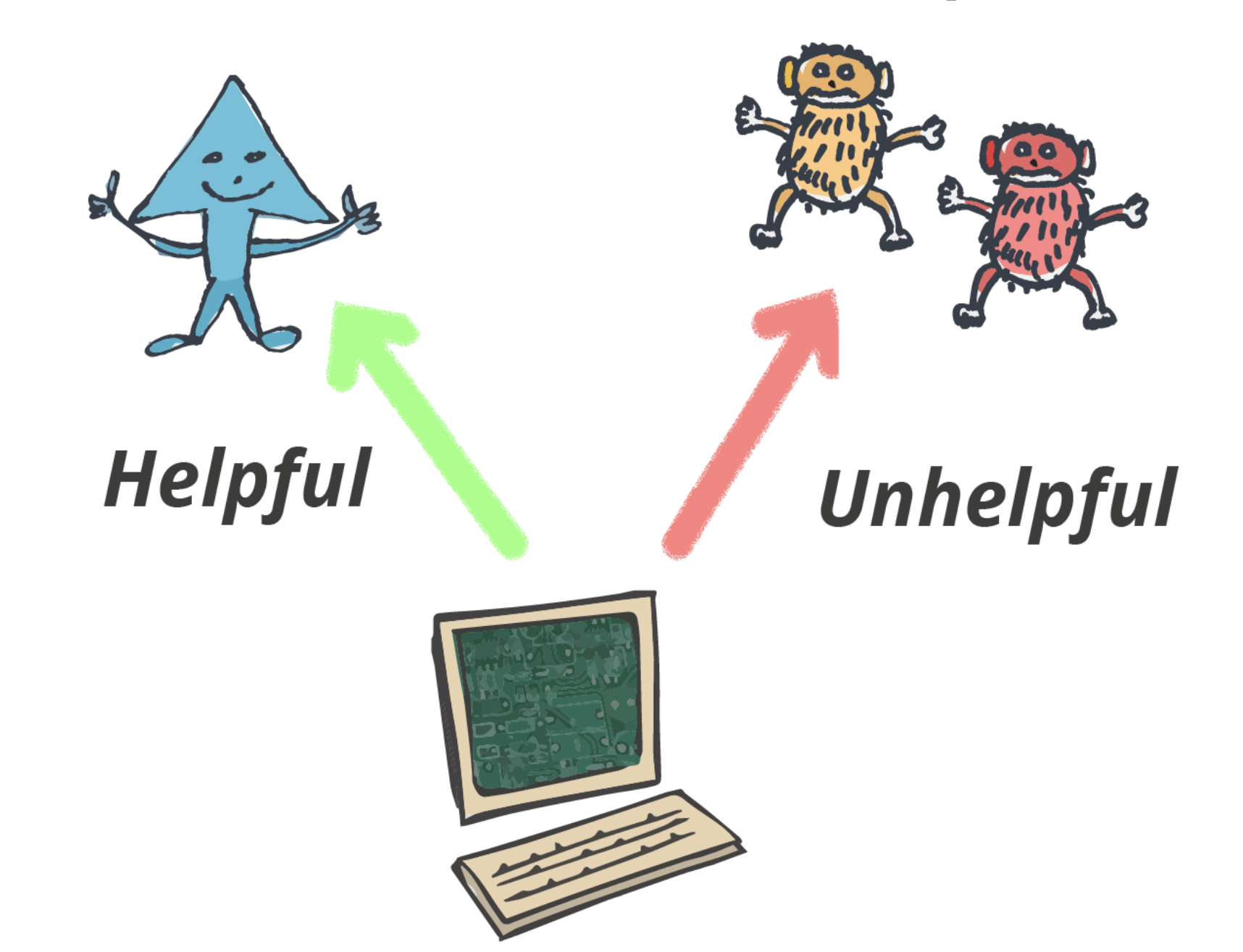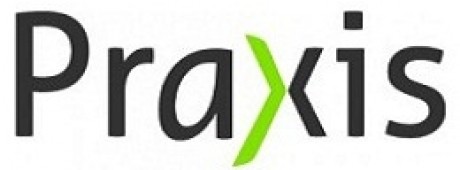Image Source: intelligentspeculation.com
In today's fast-paced world, being able to think critically and make sound judgments is a valuable skill that can help you succeed in many areas of life. One key aspect of critical thinking is the ability to recognize logical fallacies, or errors in reasoning that can distort or undermine arguments. Learning about fallacies and how they work can help you become a more astute and discerning thinker, better equipped to assess information and make informed decisions. In this article, we will discuss one of the most common fallacies, ad hominem, along with its origin and examples.
Ad hominem is a Latin term meaning "to the person" or "against the person," with its origin dating back to ancient Greek philosophy. It refers to a logical fallacy that occurs when someone attacks the person making an argument instead of addressing the substance of the argument itself. Ad hominem arguments are often used as a tactic to distract or discredit the opposing viewpoint without actually addressing the facts or ideas presented.
In the world of public relations consulting, building and maintaining a positive image for clients is crucial. To achieve this goal, the art of persuasion is often used to influence people's opinions and beliefs. However, in the heat of the moment, individuals may resort to using ad hominem attacks as a tactic to win an argument or discredit their opponent.
Ad hominem attacks can take various forms in public relations consulting. For example, attacking an opponent's credibility or reputation instead of addressing their argument is one form of ad hominem. In the public relations industry, this can take the form of discrediting an opponent's expertise, experience, or integrity. Another form of ad hominem is attacking an opponent's personal traits, such as their appearance or background, rather than engaging with the issues. This can manifest in public relations as attacking an opponent's personal life, beliefs, or affiliations.
Ad hominem attacks are often used as a last resort when an individual has no valid arguments or evidence to support their position. They can be particularly damaging in the public relations industry, where credibility and trust are essential. If an individual attacks their opponent's character or personal traits, they risk losing the trust of their audience, damaging their client's reputation, and damaging the industry's reputation as a whole.
One famous philosopher who discussed ad hominem is Aristotle. He said, "It is easy to abuse somebody with the intent of injuring him, but it is not so easy to honorably refute him." This quote taken from his work, “Rhetoric,” highlights the unethical nature of ad hominem attacks and the importance of engaging in respectful and logical argumentation.
To avoid ad hominem attacks, public relations professionals should always maintain their focus on addressing the issue at hand and presenting their arguments logically. At the same time, it's also important for public relations professionals to develop the ability to promptly identify situations where other parties are resorting to ad hominem attacks. By recognizing these fallacious arguments, public relations professionals can refrain from responding in kind and instead focus on addressing the issue at hand with sound reasoning and evidence-based arguments in a respectful manner.
In conclusion, ad hominem attacks can be damaging to the public relations industry as they can erode trust and credibility. Even today, ad hominem is still commonly used in political debates, online discussions, and other areas where emotions can run high, and logical reasoning may be sacrificed for personal attacks. Accordingly, public relations professionals have a responsibility to uphold ethical standards and maintain the highest level of professionalism in their communications. Ad hominem attacks can often be seen as a sign of weakness or a lack of confidence in one's own arguments. By avoiding such attacks, public relations professionals can demonstrate their competence and expertise in the field, which can enhance their reputation and credibility with the public.












